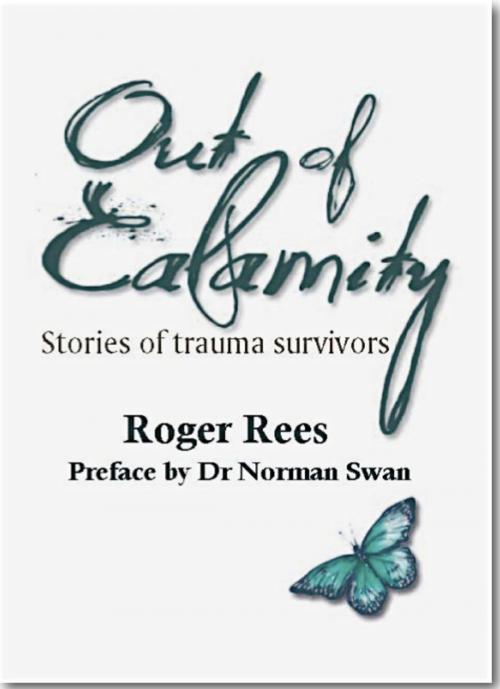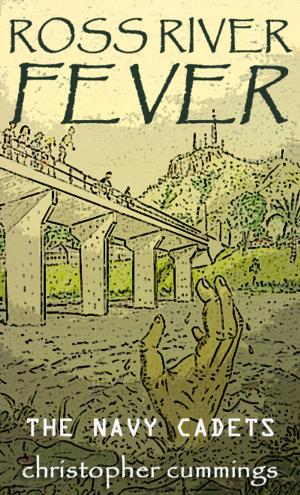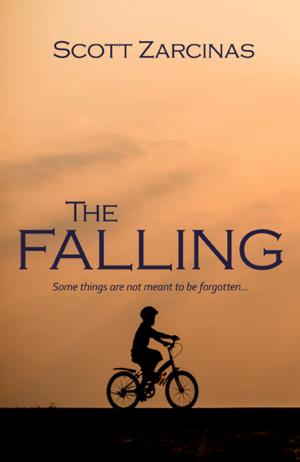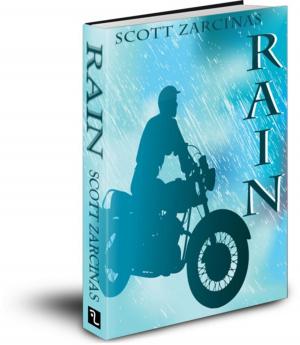Out of Calamity
Stories of trauma survivors
Nonfiction, Health & Well Being, Health, Healing, Self Help, Mental Health, Happiness| Author: | Roger Rees | ISBN: | 9780987249579 |
| Publisher: | DoctorZed Publishing | Publication: | February 14, 2013 |
| Imprint: | Language: | English |
| Author: | Roger Rees |
| ISBN: | 9780987249579 |
| Publisher: | DoctorZed Publishing |
| Publication: | February 14, 2013 |
| Imprint: | |
| Language: | English |
All the people in these stories are unsung heroes. Their stories are true. To honour their privacy, most of the individuals profiled bear fictitious names; a few are composite characters. They have suffered severe trauma, the consequences of which have affected every aspect of their lives, as well as those of family and friends. They demonstrate great, if not superhuman, courage and resilience and never seek or expect applause.
As exemplars of striving, inventiveness and determination, they demonstrate how human potential is realised. They inspire those of us privileged to know them. Over time, day-by-day, they endeavour to cope with loss, bid to reclaim lost skills, and unheralded, make significant contributions to society.
Yet others, no less heroic, succumb to their injuries, to depression or to recurrent illness. As one young man with a serious brain injury says, “If these stories are not told people don’t know about and won’t learn from us.” Certainly no textbook ever mentions the nature and degree of their struggles and achievements because in terms of everyday models of rehabilitation, their Out of Calamity stories are a phenomena for which there is no model.
Out of Calamity stories and portraits are told in language that is realistic but also poetic, and demonstrate heroic dimensions even when people appear overwhelmed.
Superbly crafted writing that is often raw but also eloquent, spare and affecting, these stories are small gems replete with insight and compassion. People will gain comfort and renewed strength from these stories for their own personal challenge. The longing and achievements of the characters echo well after the final page is turned.
A wonderful and unique resource for improving our understanding the lives of people who have experienced trauma – these stories are challenging but also life enhancing.
ABOUT THE AUTHOR:
Roger Rees is the Emeritus Professor of Disability Studies and Research in the School of Medicine at Flinders University, Adelaide. He is a graduate of London and Monash Universities and the University of New England. He was the founding Clinical Director of the Community Re-entry and Rehabilitation program for people with brain injury based at Flinders University. He has published eight non-fiction books, the latest in 2005 being Interrupted Lives: Rehabilitation and Learning following Brain Injury published by IP Communications. He has held teaching and research positions in US and UK Universities, has written six broadcast scripts for the ABC Science Show and has some fifty published works in scientific, educational and literary journals. For twenty five years he has run a rehabilitation and educational consultancy for people experiencing neurological injury and trauma. Out of Calamity is a book of stories and portraits about these people.
PRAISE for "Out of Calamity"
"The stories in Out of Calamity show us something we need to understand about ourselves. No matter what kind of assaults upon our brain and body we suffer, we continue to need from those around us acceptance as the person that we are, just as we did when we were well. Without this acceptance we are trapped in a prison of loneliness." —Dorothy Rowe; Psychologist and Author
"For those who train and work in the Health Sciences, whether they are in medicine, psychology, occupational therapy, physiotherapy, nursing and disability education each of these Out of Calamity case histories provides valuable insight into the natural history of brain disorders whether they be trauma, multiple sclerosis, stroke or tumour related. As part of undergraduate training, patients with disability cannot be followed over time, and so the valuable lessons of recovery times, complications, responses to management strategies and family interactions are not easily learnt but are presented here with clarity, understanding and great insight into the people Roger Rees has so carefully studied." — Richard Burns. Neurologist.
All the people in these stories are unsung heroes. Their stories are true. To honour their privacy, most of the individuals profiled bear fictitious names; a few are composite characters. They have suffered severe trauma, the consequences of which have affected every aspect of their lives, as well as those of family and friends. They demonstrate great, if not superhuman, courage and resilience and never seek or expect applause.
As exemplars of striving, inventiveness and determination, they demonstrate how human potential is realised. They inspire those of us privileged to know them. Over time, day-by-day, they endeavour to cope with loss, bid to reclaim lost skills, and unheralded, make significant contributions to society.
Yet others, no less heroic, succumb to their injuries, to depression or to recurrent illness. As one young man with a serious brain injury says, “If these stories are not told people don’t know about and won’t learn from us.” Certainly no textbook ever mentions the nature and degree of their struggles and achievements because in terms of everyday models of rehabilitation, their Out of Calamity stories are a phenomena for which there is no model.
Out of Calamity stories and portraits are told in language that is realistic but also poetic, and demonstrate heroic dimensions even when people appear overwhelmed.
Superbly crafted writing that is often raw but also eloquent, spare and affecting, these stories are small gems replete with insight and compassion. People will gain comfort and renewed strength from these stories for their own personal challenge. The longing and achievements of the characters echo well after the final page is turned.
A wonderful and unique resource for improving our understanding the lives of people who have experienced trauma – these stories are challenging but also life enhancing.
ABOUT THE AUTHOR:
Roger Rees is the Emeritus Professor of Disability Studies and Research in the School of Medicine at Flinders University, Adelaide. He is a graduate of London and Monash Universities and the University of New England. He was the founding Clinical Director of the Community Re-entry and Rehabilitation program for people with brain injury based at Flinders University. He has published eight non-fiction books, the latest in 2005 being Interrupted Lives: Rehabilitation and Learning following Brain Injury published by IP Communications. He has held teaching and research positions in US and UK Universities, has written six broadcast scripts for the ABC Science Show and has some fifty published works in scientific, educational and literary journals. For twenty five years he has run a rehabilitation and educational consultancy for people experiencing neurological injury and trauma. Out of Calamity is a book of stories and portraits about these people.
PRAISE for "Out of Calamity"
"The stories in Out of Calamity show us something we need to understand about ourselves. No matter what kind of assaults upon our brain and body we suffer, we continue to need from those around us acceptance as the person that we are, just as we did when we were well. Without this acceptance we are trapped in a prison of loneliness." —Dorothy Rowe; Psychologist and Author
"For those who train and work in the Health Sciences, whether they are in medicine, psychology, occupational therapy, physiotherapy, nursing and disability education each of these Out of Calamity case histories provides valuable insight into the natural history of brain disorders whether they be trauma, multiple sclerosis, stroke or tumour related. As part of undergraduate training, patients with disability cannot be followed over time, and so the valuable lessons of recovery times, complications, responses to management strategies and family interactions are not easily learnt but are presented here with clarity, understanding and great insight into the people Roger Rees has so carefully studied." — Richard Burns. Neurologist.















